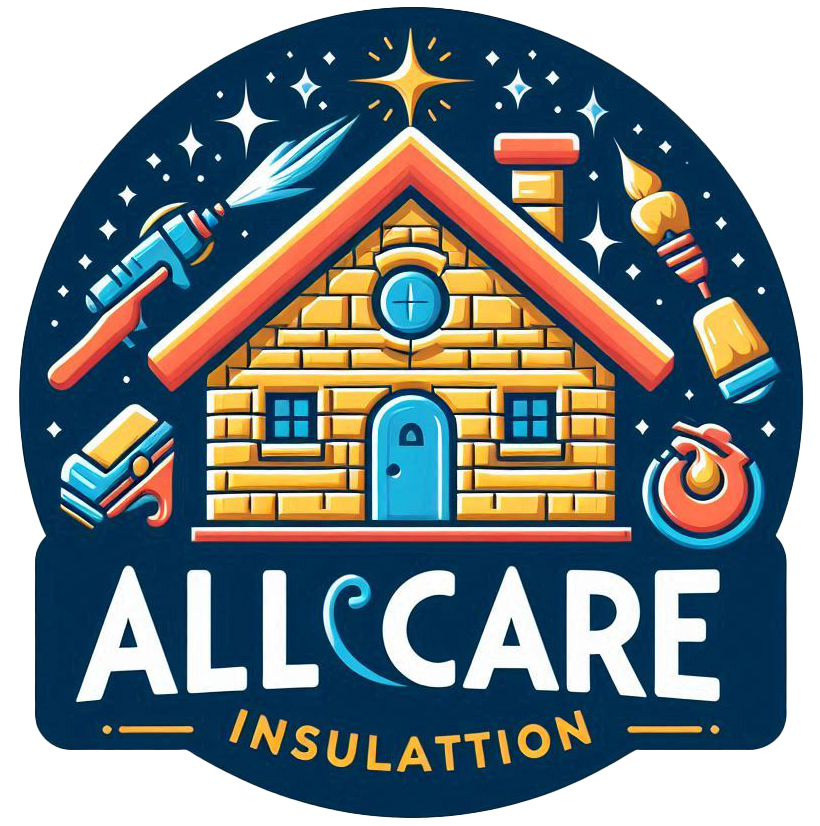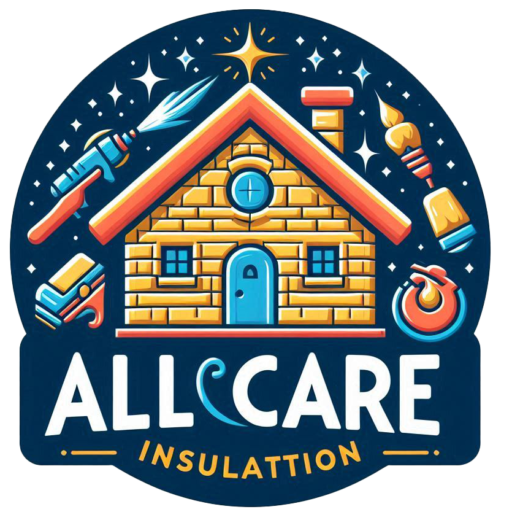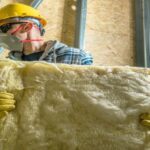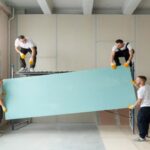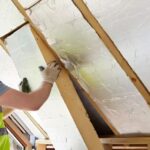Fiberglass insulation has been a popular choice for homeowners and builders for decades, and for good reason. Known for its thermal resistance, durability, and cost-effectiveness, fiberglass insulation is a leading choice in keeping homes energy-efficient and comfortable year-round. Whether you’re building a new home or considering a retrofit, understanding the advantages and applications of fiberglass insulation will help you make an informed decision for better energy savings and indoor comfort.
What is Fiberglass Insulation?
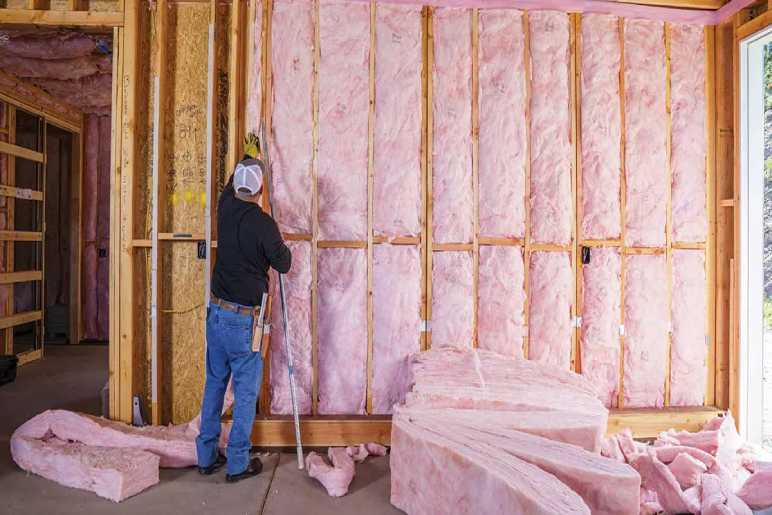
Fiberglass insulation is made of fine glass fibers and often comes in either batts, rolls, or loose-fill form. It’s designed to fit snugly within wall cavities, ceilings, and floors to reduce heat transfer between indoor and outdoor environments. The glass fibers trap air, creating pockets that prevent heat from escaping in winter and entering during summer.
Why Choose Fiberglass Insulation?
- Energy Efficiency
- Fiberglass insulation provides a high R-value (a measure of insulation’s thermal resistance) for its thickness, helping maintain a stable indoor temperature. This results in lower heating and cooling bills over time. By minimizing the workload on HVAC systems, fiberglass insulation also contributes to extended system longevity.
- Cost-Effective Solution
- Compared to other types of insulation, fiberglass is generally more affordable, making it an attractive option for budget-conscious homeowners. Fiberglass insulation can provide an exceptional return on investment by reducing utility costs while being relatively inexpensive to install.
- Fire Resistance
- As a non-combustible material, fiberglass insulation resists fire and does not contribute to the spread of flames, making it a safer choice for residential and commercial buildings. This quality can offer homeowners peace of mind, knowing that fiberglass insulation can withstand high temperatures without fueling a fire.
- Soundproofing Qualities
- Due to its dense structure, fiberglass insulation can significantly reduce noise transmission between rooms and from the outdoors. This feature makes it a favorite for creating quiet, peaceful home environments or soundproofing specific areas.
- Environmental Friendliness
- Many fiberglass insulation products contain recycled glass content, contributing to reduced environmental impact. Additionally, by lowering the need for constant HVAC operation, fiberglass insulation indirectly reduces greenhouse gas emissions, making it an eco-friendly option.
Types of Fiberglass Insulation
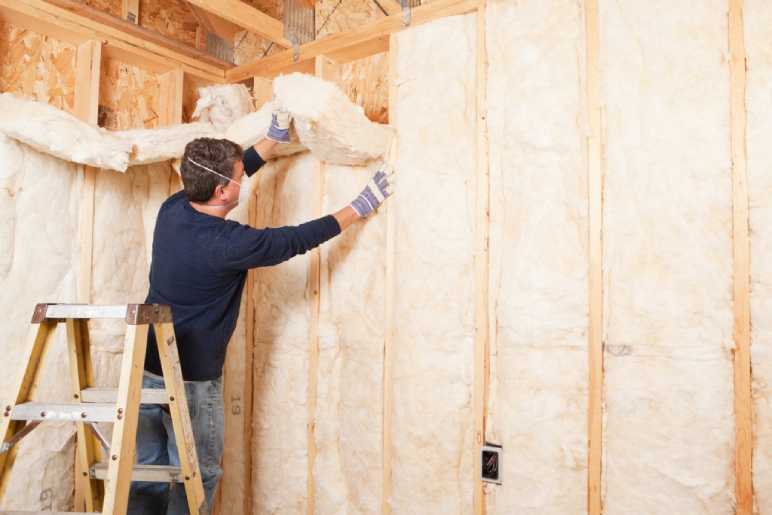
Fiberglass insulation is available in various forms to suit different installation needs:
- Batts and Rolls
- These are pre-cut sections of fiberglass insulation commonly used in walls, floors, and attics. Easy to handle and install, batts and rolls are perfect for DIY projects and professional installations alike.
- Loose-Fill (Blown-In)
- Loose-fill insulation is ideal for attics and irregular spaces where standard insulation sheets don’t fit well. It is blown into the desired areas using specialized equipment, creating an even layer of insulation.
- Fiberglass Boards
- Less common in residential applications, fiberglass boards are rigid panels that provide thermal resistance in areas like basement walls, ducts, and foundations.
Installation: DIY vs. Professional Insulation Services
While fiberglass insulation is known for its DIY-friendliness, professional installation ensures that every inch of your home benefits from optimal insulation. A poorly installed fiberglass job can lead to gaps, reducing insulation efficiency. For a seamless and energy-efficient installation, consider hiring a reputable provider like ALL Care Insulation. Their experienced professionals assess your home’s specific needs and provide custom solutions that maximize energy savings and comfort.
How Fiberglass Insulation Boosts Home Comfort
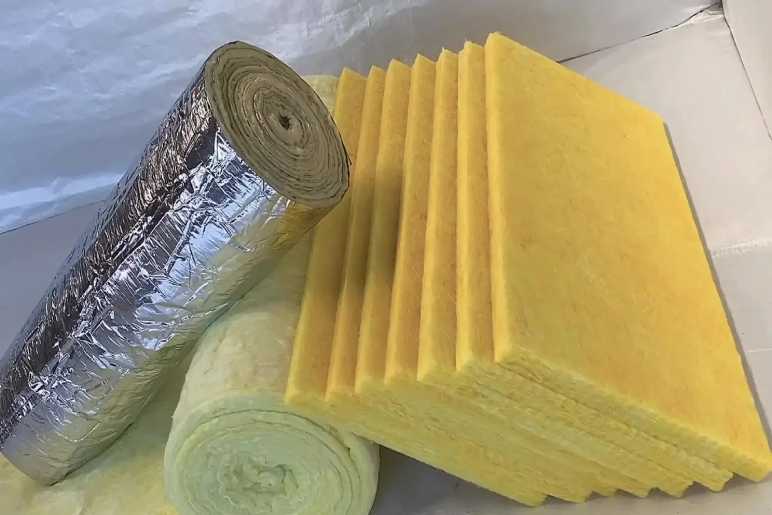
1. Temperature Regulation
Fiberglass insulation’s main purpose is to reduce heat transfer, creating a barrier that keeps conditioned air inside. This leads to consistent, comfortable indoor temperatures, reducing cold drafts in winter and overheating in summer.
2. Allergen Control
By sealing off cracks and crevices, fiberglass insulation reduces the entry of allergens like pollen, dust, and pollution, promoting better indoor air quality and making it a healthier choice for those with respiratory sensitivities.
3. Mold and Moisture Resistance
Properly installed fiberglass insulation helps control moisture levels within walls and ceilings, preventing mold and mildew from developing. Since fiberglass does not absorb water, it remains unaffected by humidity, further safeguarding indoor air quality.
Comparing Fiberglass with Other Insulation Types
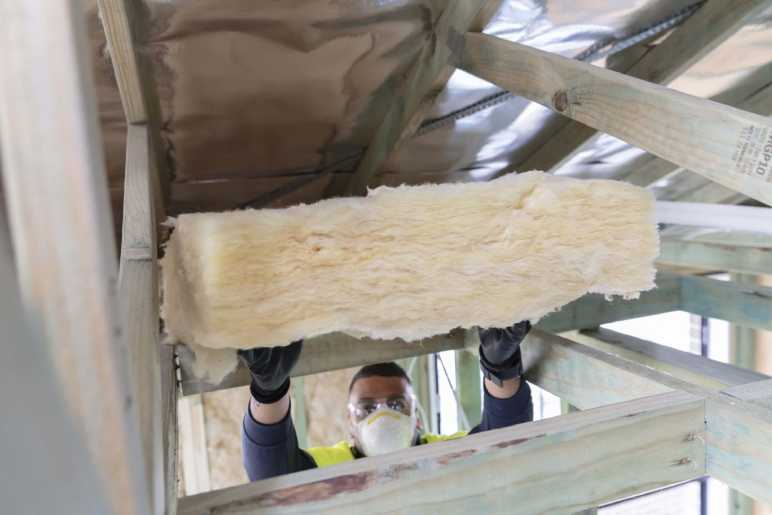
Fiberglass is often compared to other popular insulation materials, such as cellulose and spray foam. Here’s a quick comparison:
- Cellulose Insulation
- Made from recycled paper products, cellulose is more eco-friendly but may settle over time, reducing its effectiveness. Unlike fiberglass, cellulose can absorb moisture, which can lead to mold growth if it becomes damp.
- Spray Foam Insulation
- Spray foam provides an airtight seal and has a higher R-value per inch compared to fiberglass. However, it is considerably more expensive and can be difficult to remove or alter if future renovations are required.
Fiberglass remains a middle-ground option, balancing performance, cost, and ease of installation, making it ideal for many homeowners.
Maintenance and Longevity of Fiberglass Insulation
One of the advantages of fiberglass insulation is its longevity. When installed correctly, it can last up to 100 years with minimal degradation. It doesn’t require much maintenance, but periodic inspections are advisable, especially in high-humidity areas where mold might pose a risk. Should you notice any signs of damage or feel that insulation efficiency has diminished, contacting ALL Care Insulation can help assess the situation and recommend repairs or replacements if needed.
Why Choose ALL Care Insulation?
For homeowners seeking professional insulation services, ALL Care Insulation offers expertise, quality products, and tailored solutions for maximum comfort and energy savings. Their team is experienced in working with a variety of insulation materials, including fiberglass, and provides services that meet specific home needs. From consultations and installations to maintenance, ALL Care Insulation ensures that your home remains a comfortable, energy-efficient sanctuary.
Conclusion
Fiberglass insulation is an affordable, versatile, and energy-efficient solution for any home. With benefits such as enhanced energy savings, noise reduction, and fire resistance, it’s no wonder fiberglass remains a top choice among homeowners. Properly insulating your home with fiberglass offers a long-term solution to maintaining comfort and lowering utility costs, making it a smart investment.
For those ready to maximize their home’s insulation, professional installation services from ALL Care Insulation are an excellent choice. With a team dedicated to quality and customized solutions, ALL Care Insulation can transform your home into an energy-efficient haven, ensuring comfort and peace of mind all year long.
Investing in fiberglass insulation not only benefits your pocket but also contributes positively to the environment by reducing energy usage. So, whether you’re building new or upgrading your current insulation, consider the lasting advantages of fiberglass insulation with trusted providers like ALL Care Insulation.
Have A Look :-
